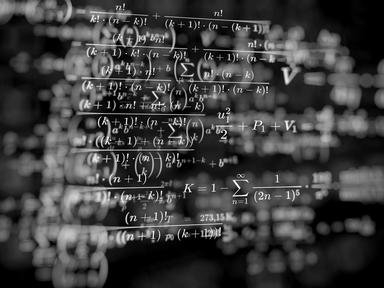Quiz Answer Key and Fun Facts
1. What is the smallest positive integer that is both a multiple of 3 and a multiple of 11?
2. What is the smallest positive integer that is both a square number and a triangular number (other than 1)?
3. What is the smallest positive integer that is both a multiple of 7 and a Fibonacci number?
4. What is the smallest positive integer that is both a palindrome and a multiple of 12?
5. What is the smallest positive integer that is a multiple of 63 but not one more or one less than a cube?
6. What is the smallest positive integer that is a power of 2 and has the digit 7 in it?
7. What is the smallest positive integer that is a square that becomes a different square (with no leading zeroes) if its digits are reversed?
8. What is the smallest positive integer (greater than 2) that is a factorial but not the product of three consecutive numbers?
9. What is the smallest positive integer that is half of a palindrome, but not a palindrome itself?
10. What is the smallest positive integer that is a square number and has odd digits in both the ones and tens places?
Source: Author
hotdogPi
This quiz was reviewed by FunTrivia editor
WesleyCrusher before going online.
Any errors found in FunTrivia content are routinely corrected through our feedback system.
